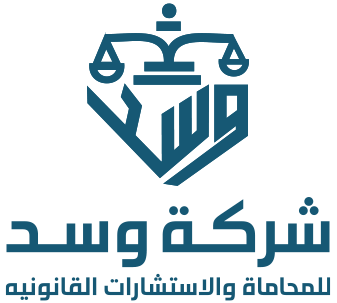
 05 February 2025
05 February 2025
An Overview of the Judicial System in the Kingdom of Saudi Arabia
The judicial system in the Kingdom of Saudi Arabia is one of the fundamental pillars upon which justice in the country is based. It primarily relies on the provisions of Islamic Sharia law derived from the Holy Quran and the Sunnah of the Prophet, complemented by regulations and laws that complete this legislative framework. The courts in the Kingdom are divided into multiple levels, each playing a specific role in ensuring justice and protecting rights. This reflects the evolution of the judicial system in line with legal and administrative developments. In this article, we will review the levels of litigation in the Kingdom and the key jurisdictions of each.
First-Degree Courts (Comparable to Primary and Summary Courts in Egypt)
These include general courts, personal status courts, labor courts, commercial courts, and criminal courts.
Courts of Appeal
Comparable to courts of appeal in Egypt, these courts review appealable judgments issued by first-degree courts. They adjudicate cases after hearing the statements of the litigants, in accordance with the procedures stipulated in the Law of Sharia Pleadings and the Law of Criminal Procedures.
The Supreme Court (Comparable to the Egyptian Court of Cassation)
The Supreme Court is not, by principle or default, a court that resolves disputes. Rather, it serves as a body for reviewing complaints against the court that issued the contested ruling. It examines the judgment in terms of the proper application and interpretation of Sharia and statutory laws, as well as the procedures followed in the trial, without intervening in the assessment of facts or evidence.
However, as an exception to this general principle, the Supreme Court acts as a court of subject matter in cases involving hudud (punishments for severe crimes such as murder, amputation, stoning, or retribution for bodily harm). Litigation in these cases proceeds through three levels of adjudication, unlike the two levels common in most comparative legal systems.
Enforcement Courts
The Enforcement Court is responsible for executing enforceable instruments, including but not limited to judgments, decisions, orders issued by courts, contracts, and authenticated documents. The court has the authority to enforce judgments coercively and oversee their execution. It also has jurisdiction over all enforcement disputes, regardless of their value, in accordance with the provisions of summary justice.
The Board of Grievances
An independent body specializing in administrative cases and lawsuits filed against government entities.
Conclusion
The judicial system in the Kingdom of Saudi Arabia demonstrates a clear hierarchy aimed at ensuring swift and fair justice by distributing jurisdictions among various courts, from first-degree courts to the Supreme Court. The presence of specialized courts, such as the Enforcement Court and the Board of Grievances, enhances the efficiency of the legal system and ensures the prompt and just resolution of disputes. With ongoing legislative and judicial development, the Saudi judicial system remains a model that combines the authenticity of Islamic Sharia law with modern legal advancements that meet societal needs.
For expert legal guidance, reach out to WASD Law Firm today. Our team is ready to assist with all your legal needs, from corporate compliance to dispute resolution.



